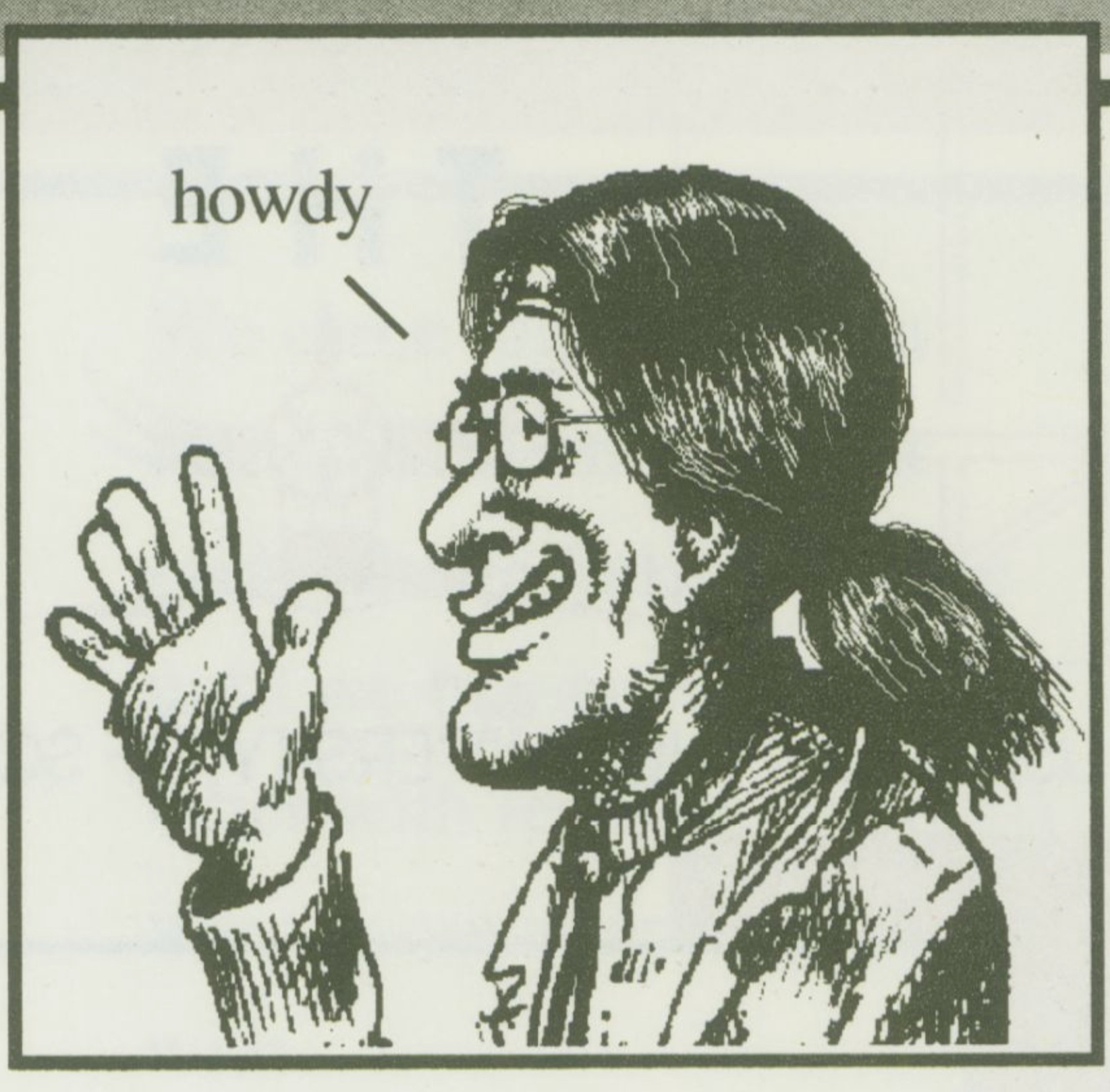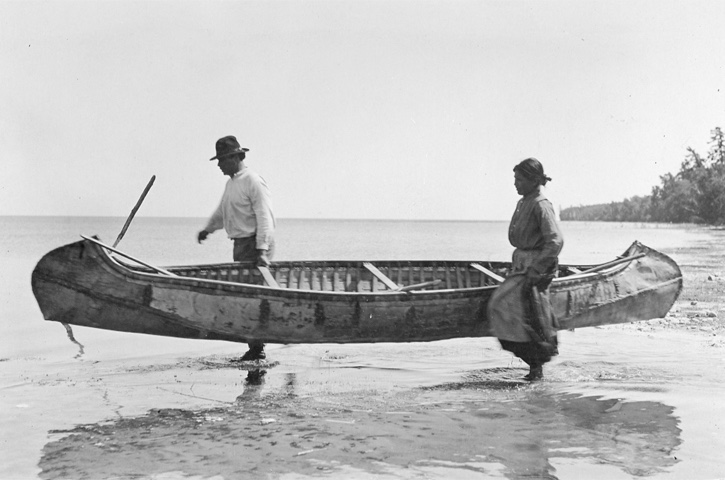Here are the materials in the case captioned California Valley Miwok Tribe v. Haaland (D.D.C.):
37 Motion for Preliminary Injunction

Here are the materials in the case captioned California Valley Miwok Tribe v. Haaland (D.D.C.):
37 Motion for Preliminary Injunction

Check out “The Three Lives of Mamengwaa: Toward an Indigenous Canon of Construction” on SSRN.
Abstract:
This paper will survey the history of tribal courts, which allows for an explanation for the reasons behind the relatively minimal impact tribal courts have had on Indian country governance, drawing on the work of Rob Porter. The paper will then turn to the monumental changes in tribal judiciaries and in tribal legal practice of the last few decades, which in turn allows for a discussion about several recent tribal court decisions that could signal a future where tribal courts play a far greater role in regulating Indian country governance through the application of customary law, drawing on the work of Wenona Singel. Finally, the paper offers preliminary thoughts on whether adding robust tribal judicial regulation to an already crowded field of Indian country governance is normatively beneficial. Short answer? Yes. Many of the intractable political disputes that plague tribal governance can be traced to the reliance by tribal governments on state and federal legal principles that are deeply flawed and have limited value in Indigenous contexts. I suggest the acknowledgment of an Indigenous Canon of Construction of tribal laws by tribal judiciaries that limit the impact of colonization on tribal nations.

Lauren van Schilfgaarde has posted “Restorative Justice as Regenerative Tribal Jurisdiction,” forthcoming in the California Law Review, on SSRN. Here is the abstract:
For more than a century, the United States has sought to restrict Tribal governments’ powers over criminal law. These interventions have ranged from the imposition of federal jurisdiction over Indian country crimes to actively dismantling Tribal justice systems. Two particular moves – diminishing Tribal jurisdiction and imposing adversarial approaches on Tribal courts, respectively – have had particularly devastating impacts on Tribal justice and criminal governance systems. In the contemporary era, these developments have severely constrained Tribal approaches to criminal justice reform. Yet in recent years, we’ve begun to witness new trends at the Tribal level. Tribes are increasingly embracing Indigenous-based, restorative justice models, which have regenerated Tribal jurisdiction and enhanced the wellbeing of Tribal members. These trends are both important in their own right, and as an example of Indigenous anti-subordination in criminal justice reform. Indeed, for Tribes, the leading contemporary response to historical oppression is collective “self-determination.” True self-determination requires both internal and external legitimacy. As Tribes pursue freedom from settler-colonial constraints, this Article reveals how restorative justice offers opportunities to “Indigenize” Tribal systems while also reclaiming jurisdictional powers, for the benefit of Tribes and Tribal members, alike.
Highly recommended.
Payment v. Election Committee
Hoffman v. Sault Ste. Marie Tribe of Chippewa Indians Board of Directors
MacLeod v. Sault Ste. Marie Tribe of Chippewa Indians
Here are the materials in LaRose v. Haaland (D. Minn.):

Here are the materials in Whalen v. Oglala Sioux Tribe Executive Officers (D.S.D.):
8 Oglala Tribal Council Motion to Dismiss
You must be logged in to post a comment.